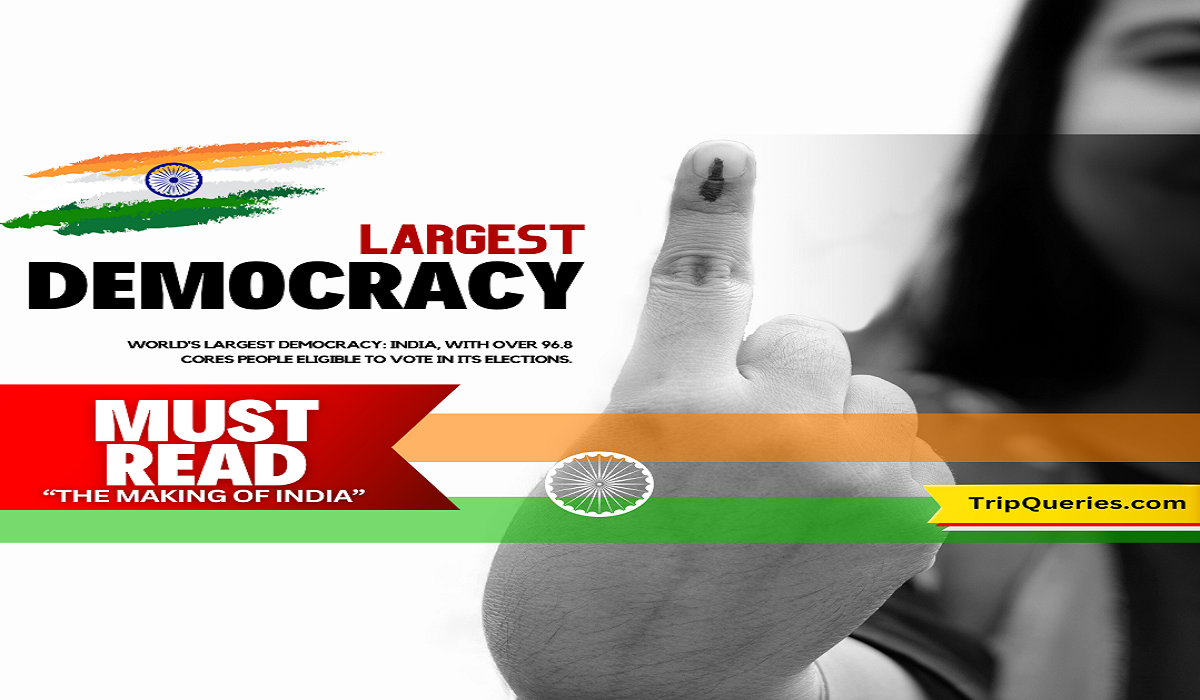Table of Contents
ToggleIntroduction
The Election Commission of India has recently unveiled the much-anticipated schedule for the Lok Sabha elections of 2024. Spanning across 7 phases, these elections are poised to shape the future trajectory of Indian governance. Under the stewardship of the current Director, Rajiv Kumar, the Election Commission plays a pivotal role in ensuring free, fair, and transparent elections throughout the country. Let’s delve deeper into the workings of the Election Commission and its powers during elections.
Lok Sabha Elections Schedule:
- Phase 1: April 19, 2024
- Phase 2: April 26, 2024
- Phase 3: May 7, 2024
- Phase 4: May 13, 2024
- Phase 5: May 20, 2024
- Phase 6: May 25, 2024
- Phase 7: June 1, 2024
Counting for all elections, including by-elections, assembly elections, and general elections, is set to take place on June 4, 2024. Notably, the current government’s term is scheduled to end on June 16, adding a layer of significance to these elections.
Role and Powers of the Election Commission:
The Election Commission of India is an autonomous constitutional authority entrusted with the responsibility of conducting elections in the country. Its primary mandate includes:
Conducting Elections: The Election Commission oversees the entire electoral process, from voter registration to the declaration of results, ensuring that elections are conducted impartially and efficiently.
Enforcement of Electoral Laws: The Commission enforces strict adherence to electoral laws and regulations, thereby maintaining the integrity and sanctity of the electoral process.
Monitoring Election Expenditure: To curb the influence of money in politics, the Election Commission monitors election expenditure incurred by political parties and candidates, imposing penalties for violations.
Ensuring Level Playing Field: The Commission strives to create a level playing field for all political parties and candidates, thereby fostering a fair and equitable electoral environment.
Addressing Electoral Malpractices: In cases of electoral malpractices such as bribery, intimidation, or voter fraud, the Election Commission takes prompt action to investigate and address such incidents.
Voter Turnout:
According to the Chief Election Commissioner, Rajiv Kumar, a staggering 96.8 crore individuals are eligible to exercise their right to vote in the upcoming Lok Sabha elections. With over 12 lakh polling stations set up across the nation, these elections promise to be a massive exercise in democracy.
Reflecting on the 2019 Lok Sabha Elections:
In the previous Lok Sabha elections held in 2019, the ruling Bharatiya Janata Party (BJP) secured a landslide victory, clinching 303 seats. In contrast, the Indian National Congress, the principal opposition party, managed to secure only 52 seats. Buoyed by their previous success, the BJP-led National Democratic Alliance (NDA) enters the upcoming polls with confidence, setting ambitious targets of winning over 300 seats once again.
Odisha’s Stance in the Electoral Landscape:
While the focus is on the national stage, it’s imperative to shed light on Odisha’s role in the electoral landscape. As a pivotal state in the eastern region of India, Odisha’s elections bear significant implications for the state’s future trajectory.
The Visionary Chief Minister of Odisha:
At the helm of Odisha’s affairs stands Chief Minister Naveen Pattnaik a dynamic and people-centric leader committed to the welfare and development of the state’s populace. Through a myriad of innovative schemes and initiatives, [Insert Name] has transformed Odisha’s socio-economic landscape, empowering its citizens and fostering inclusive growth.
People-Centric Schemes:
Under the leadership of [Insert Name], Odisha has witnessed the implementation of numerous people-centric schemes aimed at uplifting the marginalized sections of society and promoting inclusive development. From KALIA (Krushak Assistance for Livelihood and Income Augmentation) scheme providing financial assistance to farmers to the Mamata scheme supporting pregnant women and newborns, [Insert Name] has prioritized the welfare of Odisha’s citizens across all age groups and demographics.
Conclusion
With the election dates announced and preparations underway, the stage is set for a riveting electoral saga that will undoubtedly shape India’s political landscape for years to come. As citizens, it is our responsibility to participate actively in the democratic process and exercise our right to vote judiciously. Stay tuned for more updates and insights as we delve deeper into Odisha’s election dynamics in the run-up to 2024.

